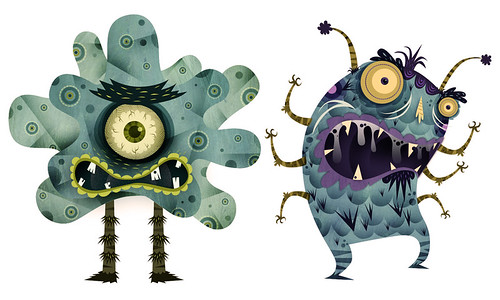Negative clinical data.
This is a topic getting a lot of airplay and a lot of words! Here are a lot more (sorry). There is a huge issue with clinical trials failing to report the failure of a drug. There are also a number of quack remedies which have been tested frequently and usually deliver negative results that are never published. If ever, by the effect of pure chance, they do appear provide some marginal benefit, this is shouted from the rooftops. So how how are your sports team doing? There are two ways you could assess that, you could say they are 100% winners. To get this value you simply report the results where they won. However, a fairer assessment would be to report all the results and then you would see that if it were baseball, most likely, they loose half the time and win half the time. More-or-less. The withholding of negative clinical trials data is thus wicked, but I think outside of the people who do it, it is already universally condemned! This was discussed at
great length by
Ben Goldacre in his book
Bad Pharma. It is indeed an excellent book and very important. Although I feel I can make four criticisms since I am pretty certain he would never follow me on Twitter!!! ...
"Reps may do bad things I suppose, unlike me. I do good things, but I just do them badly!"
(1) Bad Pharma was painfully long and I was quite frankly on my knees by the time I approached the end. (2) Ben is really horrid about drug reps. Ben seems to think they are evil, but I have known people go into drug repping and from my experience they were just ordinary people searching for a job. They may not love their job like the rest of us do, but they have to do it because it is their livelihood! I would blame the system that allows Vets and Medics to be ill equipped to handle the high pressure sales and gobbledygook "science talk". I feel sorry for drug reps trying to sell their wares to hospitals/GPs/Vets. (3) There were not many laughs in there, given how long the book is! (4) I don't think he quite gets the situation with negative preclinical data. So here's my bit on that.
"The Bad Pharma book by Ben Goldacre highlighted problems with negative data, but it treated clinical sciences and basic research just the same."
Negative Preclinical Data
It is not the same. I know the Journal Editors (I also Edit!), will all say negative data is perfectly acceptable, but the reality is; it is just not as hot.
"List all the Nobel Prize Winners you can think of that got the Prize by showing that their own theory was untrue"
Firstly, even I accept that negative data is less exciting; we knock about ideas in my lab... we wonder if this works like that. We do an experiment and we find.... it doesn't. No one can really pretend that is going to be a widely exciting read for others. RBJ had this great idea: His group spent months testing it and turn out to be wrong. Sure if there is some huge piece of dogma you can debunk you could probably publish this IF you also included an alternative positive set of data. Not true? OK lets have a competition, you list all the Nobel Prize winners who got their Nobel Prizes for the failure to discover something? OK I'll even allow you to throw in the discovery that something they thought might work.. doesn't work. Meanwhile, I will start to list Prize winners who were elected on the basis of positive data. Its all nonsense. A hypothesis constructed, tested and verified (positive data) is nearly always going to be easier to publish in a mainstream journal than "we tried this... it didn't work".
Am I complaining? Not about the fact that negative scientific data is tricky to publish, it has always been like that. My gripe is that (a) Ben and others seem to think this is in someway scientific corruption. (b) Editors need to have the courage to say, generally positive PRE-clinical data is more interesting and publishable than negative. I can have 10 new theories before breakfast, when tested, most of them will prove untrue I am sure, we can't fill the literature with disproving of all our own theories!
"None of us want to spend our days reading about how Jo Blogs tested his own private theory and found it to be untrue!"
The last point, wouldn't it be useful to have access to negative data to stop scientists around the world keep trying the same things and getting the same negative results? Oh yes indeed. Little journals or peer-review repositories which specialise in negative data are the way to go. They exist already, so lets just use them (if you are a scientist) and stop confusing the shocking hiding of negative clinical data, with the quite legitimate low profile publishing of negative data and broken hypotheses.
There feel better now.




